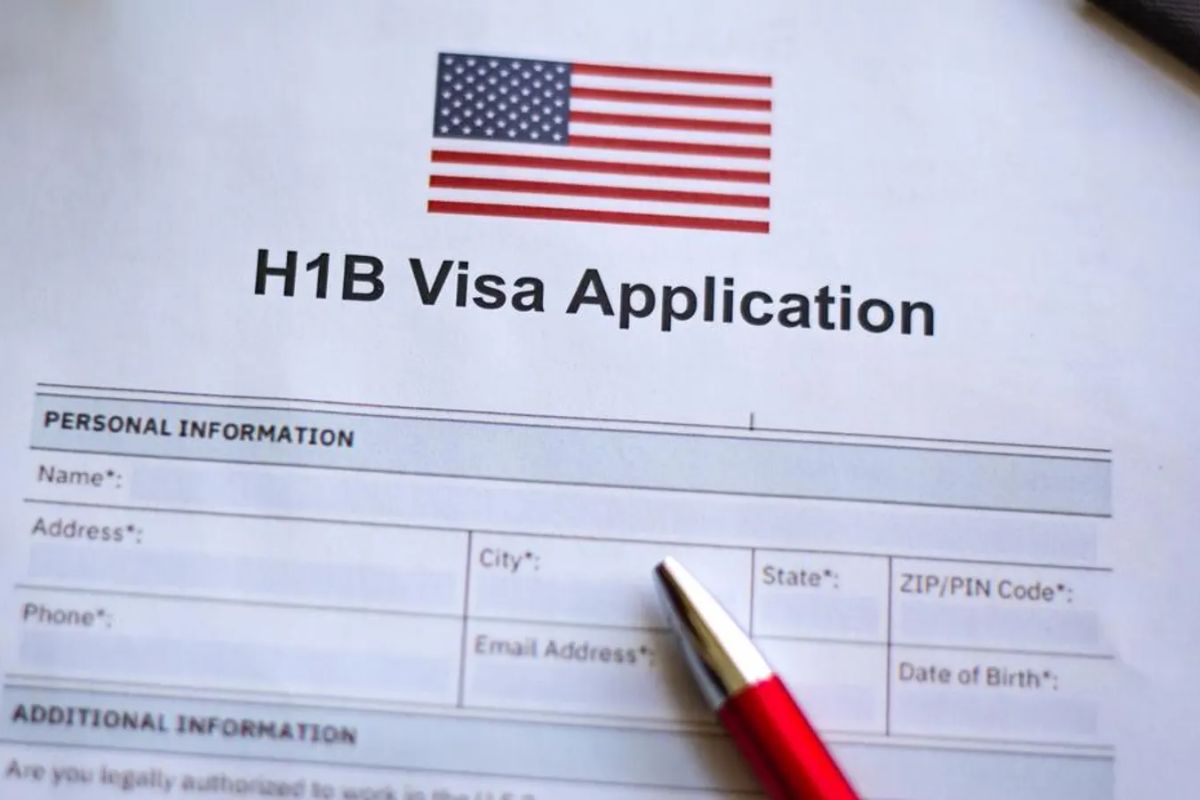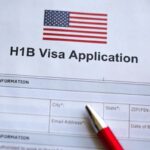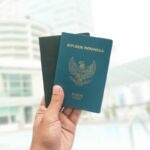The H-1B visa, a vital non-immigrant visa category in the United States, is undergoing significant transformations. These changes will influence how foreign workers, primarily in technical fields, temporarily find employment in the United States.
This article presents a detailed recap of all the proposed adjustments to the H-1B visa system, highlighting key modifications and their potential implications.
H-1B Visa Changes
Here, we delve into the six major H-1B visa changes, detailing the current rules and their potential effects:
1. End of Multiple Entries
Currently, employers can submit multiple registrations for each employee they want to sponsor for an H-1B visa. This gives companies with more resources an unfair advantage in the lottery. The proposed change would limit each individual to a single registration, regardless of the number of companies that sponsor them. This would make the lottery system more fair and equitable.
2. No Employer-Employee Relationship Required
Currently, employers must sponsor H-1B visas on behalf of their employees. The proposed change would allow entrepreneurs to sponsor their own H-1B visas. This would make it easier for entrepreneurs to start and grow their businesses in the United States without having to find a US investor.
3. Can Work Remotely
Currently, H-1B visa holders must work at the employer’s specified location. The proposed change would allow H-1B visa holders to work remotely from within the United States. This would give H-1B visa holders more flexibility and make the program more attractive to foreign workers.
Also Read: Startup Founders to Get H-1B Visas Faster Under Proposed Plan
4. Cap Exempt
Currently, there is a cap on the number of H-1B visas that can be issued each year. The proposed change would expand the number of occupations that are exempt from the cap. This would make it easier for US businesses to hire foreign workers in certain high-demand fields.
5. Stricter Definition of Specialty Jobs
Currently, the definition of a speciality job is quite broad. The proposed change would make the definition more strict, requiring that the job require theoretical or technical expertise in a specific occupation. This is aimed at ensuring that only highly skilled workers are eligible for H-1B visas.
6. Automatic “Cap-Gap” Extension
Currently, F-1 students who are on Optional Practical Training (OPT) and whose H-1B visa applications have been selected in the lottery are allowed to stay in the US until December 31 while waiting for their H-1B visa to be processed. The proposed change would extend this period until April 1 of the following year. This would give F-1 students more time to transition to H-1B status.
Must Read: H-1B Visa Holders to Get Stateside Visa Renewal Option in Early 2024
Impact of the Proposed H-1B Visa Changes
The proposed changes to the H-1B visa program would have a number of impacts on both employers and employees.
For employers, the proposed changes would make it easier to hire foreign workers in certain high-demand fields. It would also give employers more flexibility in how they deploy their H-1B visa holders.
For employees, the proposed changes would make it more likely that they would be able to secure an H-1B visa. It would also give them more flexibility in where they can work.
Overall, the proposed changes to the H-1B visa program are a positive development. They would make the program more fair and equitable, and they would make it easier for US businesses to hire the talent they need.
| Change | Current rule | Proposed change | Potential impact |
|---|---|---|---|
| Multiple entries | Employers can submit multiple registrations for each employee. | Each individual would be limited to a single registration. | This would make the lottery system more fair and equitable. |
| Employer-employee relationship | Employers must sponsor H-1B visas on behalf of their employees. | Entrepreneurs would be allowed to sponsor their own H-1B visas. | This would make it easier for entrepreneurs to start and grow their businesses in the United States. |
| Remote work | H-1B visa holders must work at the employer’s specified location. | H-1B visa holders would be allowed to work remotely from within the United States. | This would give H-1B visa holders more flexibility and make the program more attractive to foreign workers. |
| Cap exempt | There is a cap on the number of H-1B visas that can be issued each year. | The number of occupations that are exempt from the cap would be expanded. | This would make it easier for US businesses to hire foreign workers in certain high-demand fields. |
| The definition of a speciality job is quite broad. | The definition of a specialty job is quite broad. | The definition would be made more strict, requiring that the job require a theoretical or technical expertise in a specific occupation. | This is aimed at ensuring that only highly skilled workers are eligible for H-1B visas. |
| Definition of speciality jobs | F-1 students on OPT whose H-1B applications have been selected in the lottery are allowed to stay in the US until December 31 while waiting for their H-1B visa to be processed. | The period would be extended until April 1 of the following year. | This would give F-1 students more time to transition to H-1B status. |
Conclusion
In conclusion, these major changes to the H-1B visa program aim to make the system fairer, more flexible, and aligned with the evolving job market. These changes have the potential to impact both foreign workers and their employers positively by promoting transparency, flexibility, and integrity within the program while empowering workers to make more informed employment decisions.
Follow and connect with us on Facebook, Twitter, LinkedIn, Instagram and Google News for the latest travel news and updates!





